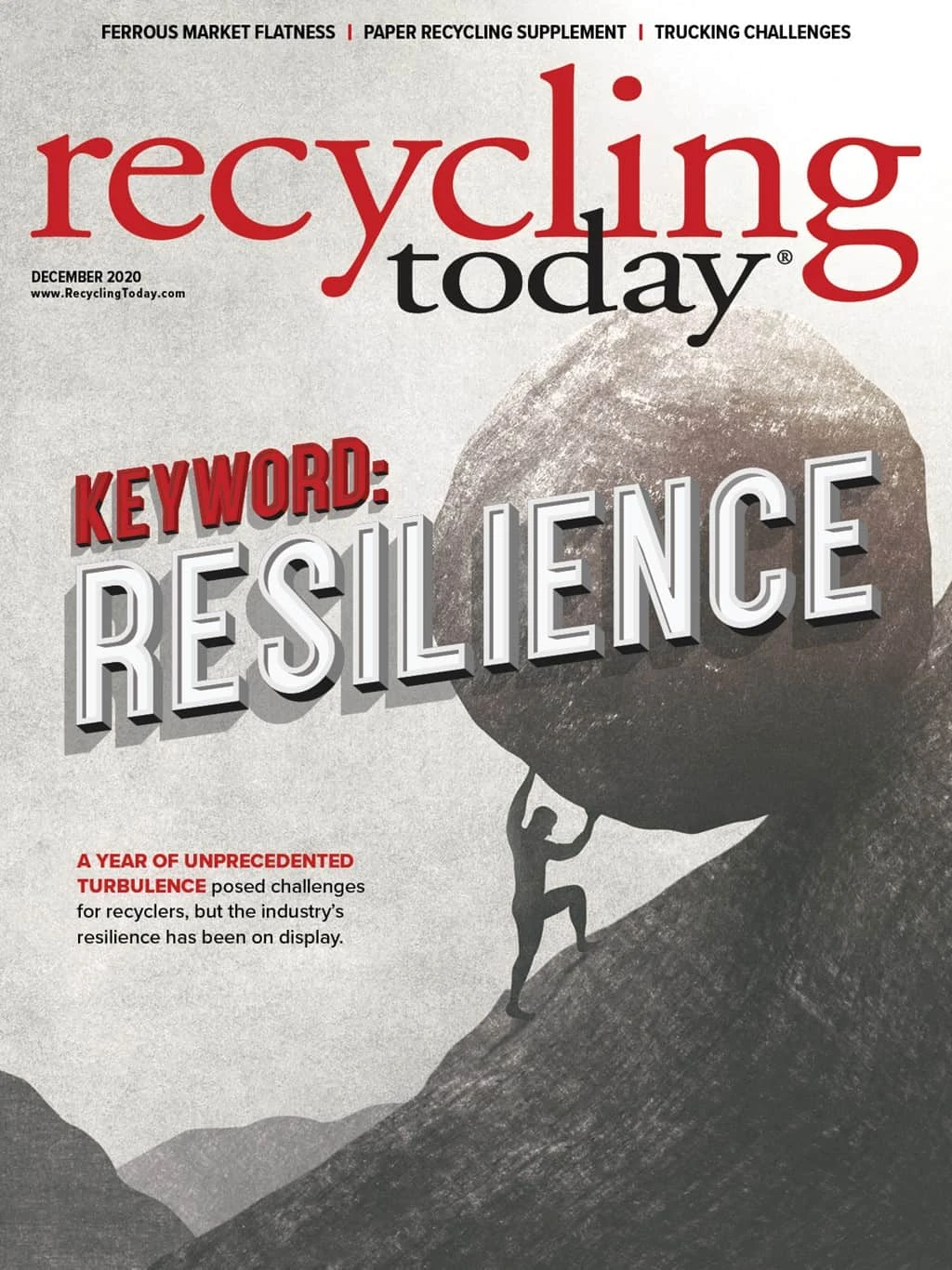
Scott Pollan
President of Emergency Material Services
Scott Pollan says he saw an opportunity a couple of years ago to start a metals trading and labor services business. In January 2019, he officially launched Emergency Material Services LLC, which is based in Chicago. Pollan says the business supplies primarily ferrous scrap to Chicago-area recyclers, models material flows in manufacturing facilities to optimize fuel use and to promote safety and facilitates transportation logistics for industrial producers of scrap metals.
In addition, Emergency Material Services helps to coordinate short-term labor teams for manufacturers. Pollan says the company recruits teammates on a project-by-project basis. “The company maintains a database based on availability, qualifications and pay rate,” he says. “Labor hours add up fast, so I strive to lead lean and effective teams.”
“The most important professional advice anyone has ever given me … is to really be organized and to keep immaculate records.”
Pollan also serves as director of recycling services at Chicago-based Zaner Metals LLC, an independent introductory broker that serves metals recyclers and refineries.
Recycling Today recently connected with Pollan to learn more about his new business venture and the lessons he’s learned in the industry.
Recycling Today (RT): How were you introduced to the industry?
Scott Pollan (SP): My family has been in the recycling industry for the better part of three generations. I was learning about metals before I knew it would be my career. My passion is mining geology and research exploration, and that transitioned into the recycling field. My affiliation with the Society of Economic Geologists allowed me to enter these facilities to see what are the nuts and bolts of a metals-based business.
I entered the recycling field when I sent a letter to Azcon Metals. … They offered me a training position at an Azcon site location in St. Louis, Missouri, where I was at a melt shop at a special bar qualities steel mill.
RT: What lessons did you learn when you started Emergency Material Services?
SP: The most important professional advice anyone has ever given me, which I’ve really tried to embody, is to really be organized and to keep immaculate records—who you are talking to, what are you talking about, what is your correspondence with every single company that you work with. If you have questions or if they have questions, you can go back and look at what you did, how you were feeling at that time, what was the attitude, the atmosphere between these two businesses, these two people. Having that written record allows you to reflect and grow through the process. Being young and starting a business, you have to reflect and you have to grow. Being meticulous, organized and having records is the foundation of your reflection for growth.
RT: What challenges concern you in the recycling industry?
SP: The entire recycling industry and other industries are experiencing a labor shortage. Some companies are really struggling to retain employees. At current margins, some processors can’t afford to pay their labor staff more. Arguably, [employees] are the functional backbone of their companies. A company’s leaders will need to either move more material, which has cost, and material may not be available, or they need to improve their internal processes to reduce expenses.

Explore the December 2020 Issue
Check out more from this issue and find your next story to read.
Latest from Recycling Today
- Athens Services terminates contract with the city of San Marino, California
- Partners develop specialty response vehicles for LIB fires
- Sonoco cites OCC shortage for price hike in Europe
- British Steel mill’s future up in the air
- Tomra applies GAINnext AI technology to upgrade wrought aluminum scrap
- Redwood Materials partners with Isuzu Commercial Truck
- The push for more supply
- ReMA PSI Chapter adds 7 members





